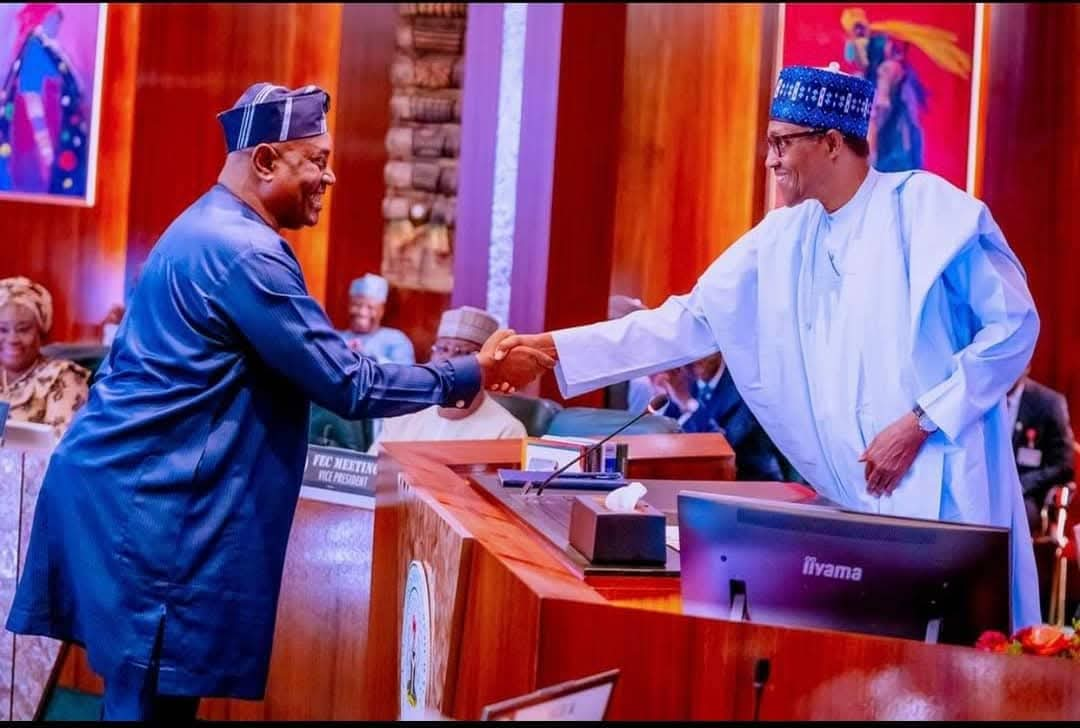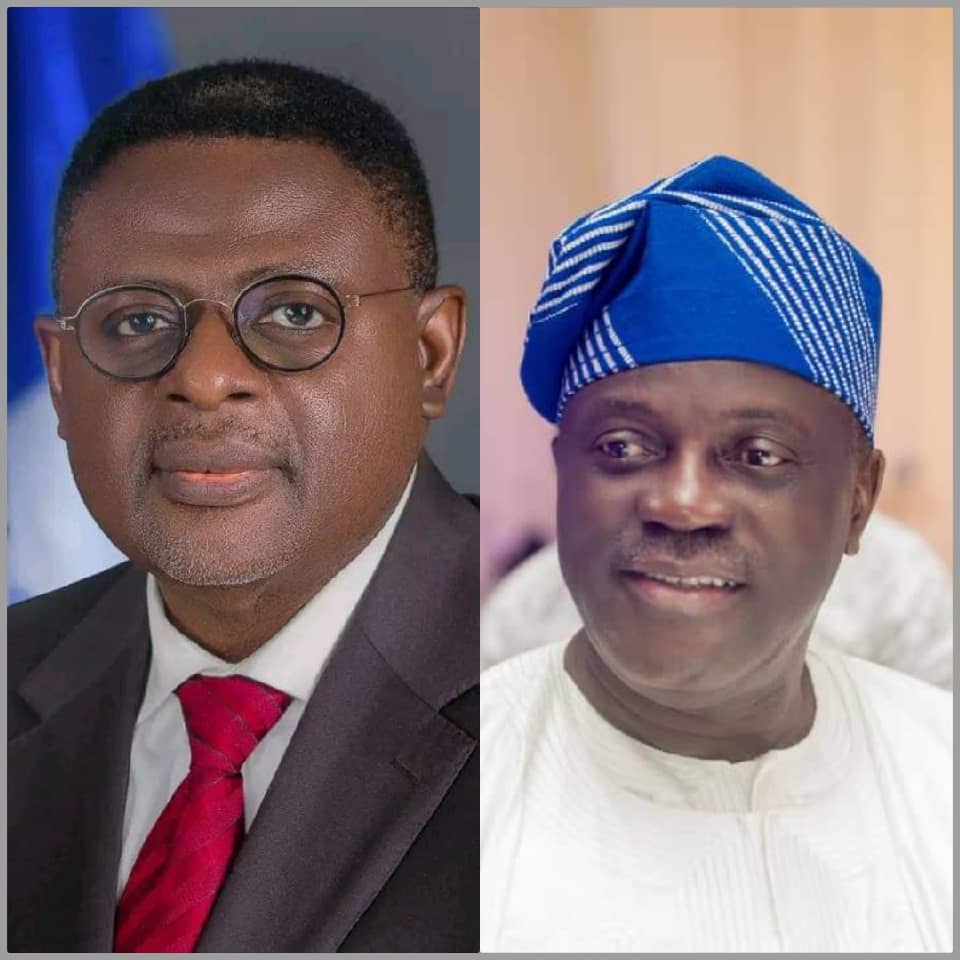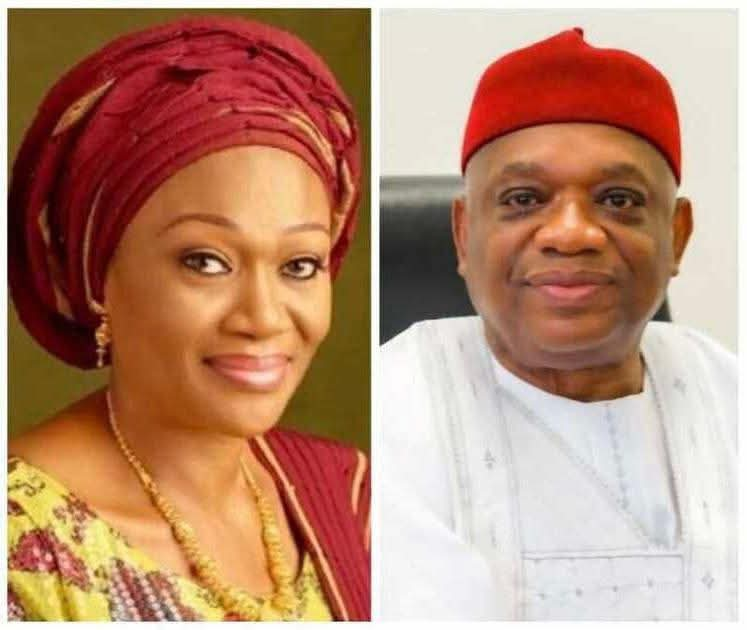Former Inspector-General of Police (IGP), Solomon Ehigiator Arase, has died in Abuja at the age of 69. Arase, who served as Nigeria’s 18th IGP and later as Chairman of the Police Service Commission (PSC), passed away at Cedarcrest Hospital.
Born on June 21, 1956, in Edo State, Arase was a distinguished police officer whose career spanned more than three decades. He joined the Nigeria Police Force in 1981 after graduating from Ahmadu Bello University with a degree in Political Science. He also held a law degree from the University of Benin and a master’s degree from the University of Lagos.
Arase was known for his dedication to police welfare and his reform-driven leadership. During his tenure as IGP, he introduced several key initiatives aimed at improving the force and addressing public concerns. These included the Intelligence Response Team, the Complaint Response Unit to tackle police misconduct, and the Safer Highway Patrols, which enhanced security for travelers nationwide.
Before his appointment as IGP, he held several strategic positions, including head of the Force Criminal Intelligence and Investigation Bureau and Commissioner of Police in Akwa Ibom State. He also represented Nigeria on a United Nations peacekeeping mission in Namibia.
After retiring from the force in 2016, Arase continued to contribute to policing reforms. In 2023, he was appointed Chairman of the Police Service Commission by then-President Muhammadu Buhari, a position he held until June 2024.
Beyond his contributions to policing, Arase was a champion of education and social impact. Through the Solomon Ehigiator Arase Foundation (SEAF), he provided scholarships to outstanding Nigerian students, with a special focus on children of deceased police officers and students from underserved communities.
In 2025, SEAF awarded scholarships to 29 students across various fields, including Medicine, Engineering, and Criminology. The foundation noted that this initiative reflected Arase’s values of integrity, service, and excellence. The scholarship program was described as an investment in Nigeria’s future leaders and an effort to build a more just society.





